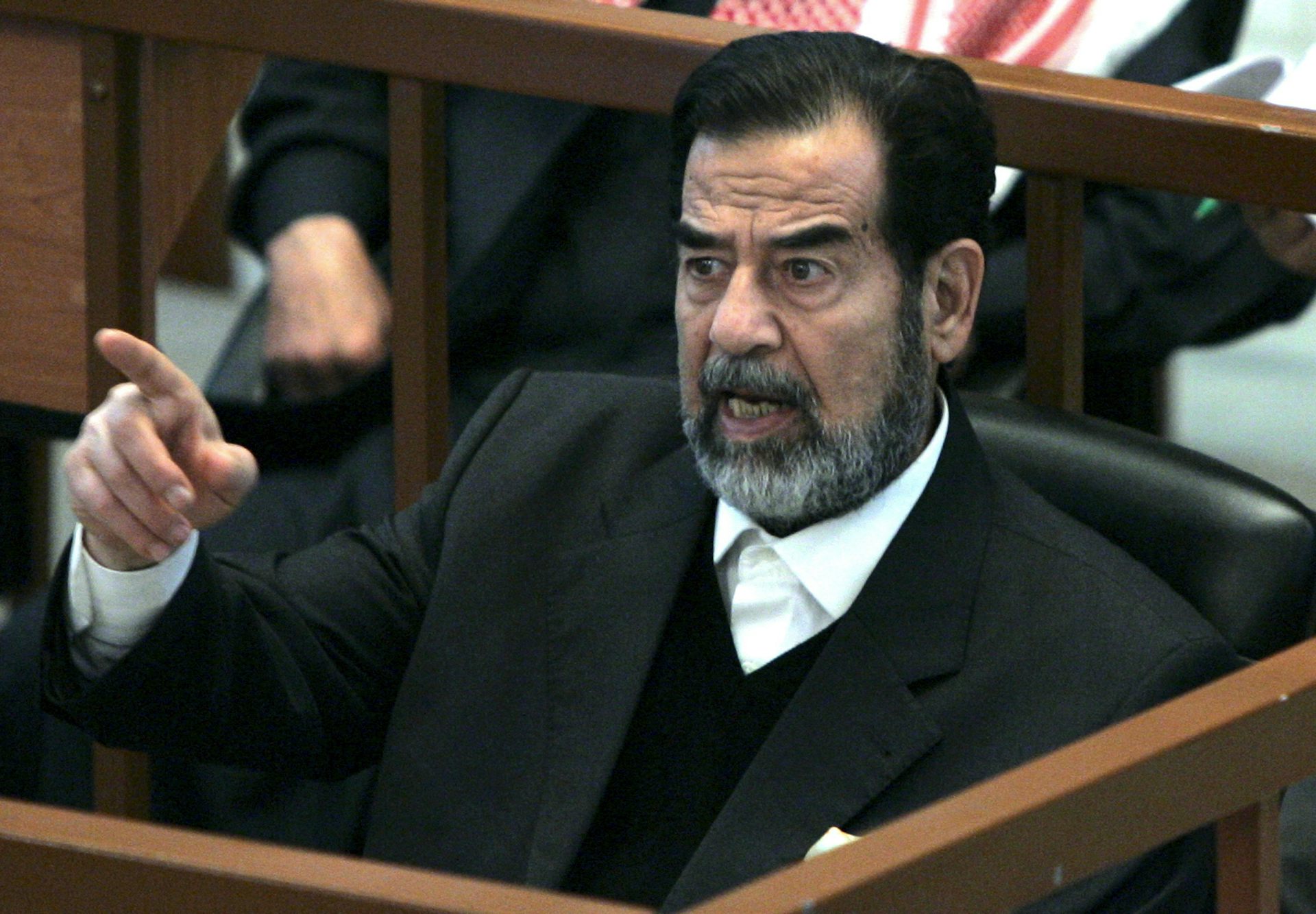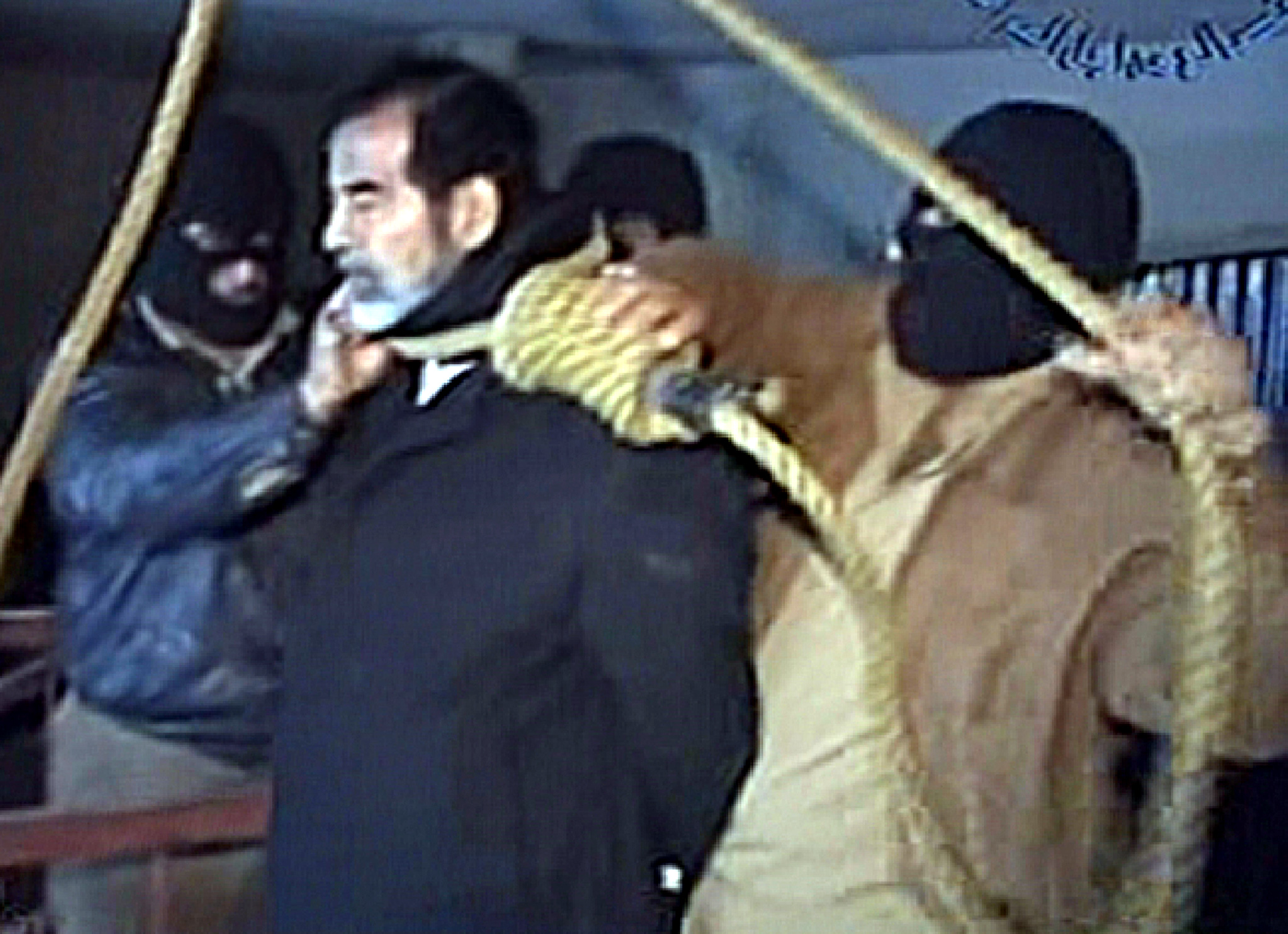
“By the time we’re finished,” Bush’s campaign manager, Lee Atwater, said, “they’re going to wonder whether Willie Horton is Dukakis’ running mate.” 6 Liberals attacked conservatives for perpetuating the ugly “code word” politics of the old Southern Strategy-the underhanded appeal to white racial resentments perfected by Richard Nixon in the aftermath of civil rights legislation. 5 Bush also infamously released a political ad featuring the face of Willie Horton, a Black Massachusetts man and convicted murderer who raped a woman after being released through a prison furlough program during Dukakis’s tenure as governor. Bush, as his ambassador to the religious right. Bush meanwhile dispatched his eldest son, George W. Bush said Dukakis had blocked recitation of the Pledge of Allegiance in Massachusetts schools and that he was a “card-carrying member” of the ACLU. Bush, a Connecticut aristocrat who had never been fully embraced by movement conservatism, particularly the newly animated religious right, nevertheless hammered Dukakis with moral and cultural issues. In 1988, Michael Dukakis, a proud liberal from Massachusetts, challenged Bush for the White House.ĭukakis ran a weak campaign. After failing to best Reagan in the 1980 Republican primaries, he was elected as his vice president in 1980 and again in 1984. Bush was a World War II veteran, president of a successful oil company, chair of the Republican National Committee, director of the CIA, and member of the House of Representatives from Texas.

Bush, who triumphed over Massachusetts governor Michael Dukakis with a promise to continue the conservative work that had commenced in the 1980s. At stake was the legacy of a newly empowered conservative movement, a movement that would move forward with Reagan’s vice president, George H.

The conservative Reagan Revolution lingered over the presidential election of 1988. American Politics before September 11, 2001 Through boom and bust, national tragedy, foreign wars, and the maturation of a new generation, a new chapter of American history is busy being written. It’s not even past.” 4 The last several decades of American history have culminated in the present, an era of innovation and advancement but also of stark partisan division, racial and ethnic tension, protests, gender divides, uneven economic growth, widening inequalities, military interventions, bouts of mass violence, and pervasive anxieties about the present and future of the United States. The present becomes the past, but, as William Faulkner famously put it, “The past is never dead. Revolutionary technological change, unprecedented global flows of goods and people and capital, an amorphous decades-long War on Terror, accelerating inequality, growing diversity, a changing climate, political stalemate: our present is not an island of circumstance but a product of history. But the events of January 6 were rooted in history. The mob breached the barriers and poured into the building, marking perhaps the greatest domestic assault on the American federal government since the Civil War. “I can still hear those words in my head today,” he testified six months later. “Kill him with his own gun,” Fanone remembered the mob shouting just before he lost consciousness. Metropolitan Police Officer Michael Fanone into the crowd, beat him with flagpoles, and tasered him.

“It was like something from a medieval battle,” Capitol Police Officer Aquilino Gonell recalled 2 The mob pulled D.C. They marched on the capitol, armed themselves with metal pipes, baseball bats, hockey sticks, pepper spray, stun guns, and flag poles, and attacked the police officers barricading the building. “If you don’t fight like hell, you’re not going to have a country anymore.” 1 And so they did. “You’ll never take back our country with weakness,” he said. Thousands of right-wing protestors, fueled by an onslaught of lies and fabrications and conspiracy theories surrounding the November 2020 elections, rallied that morning in front of the White House to “Stop the Steal.” Repeating a familiar litany of lies and distortions, the sitting president of the United States then urged them to march on the Capitol and stop the certification of the November electoral vote.


 0 kommentar(er)
0 kommentar(er)
